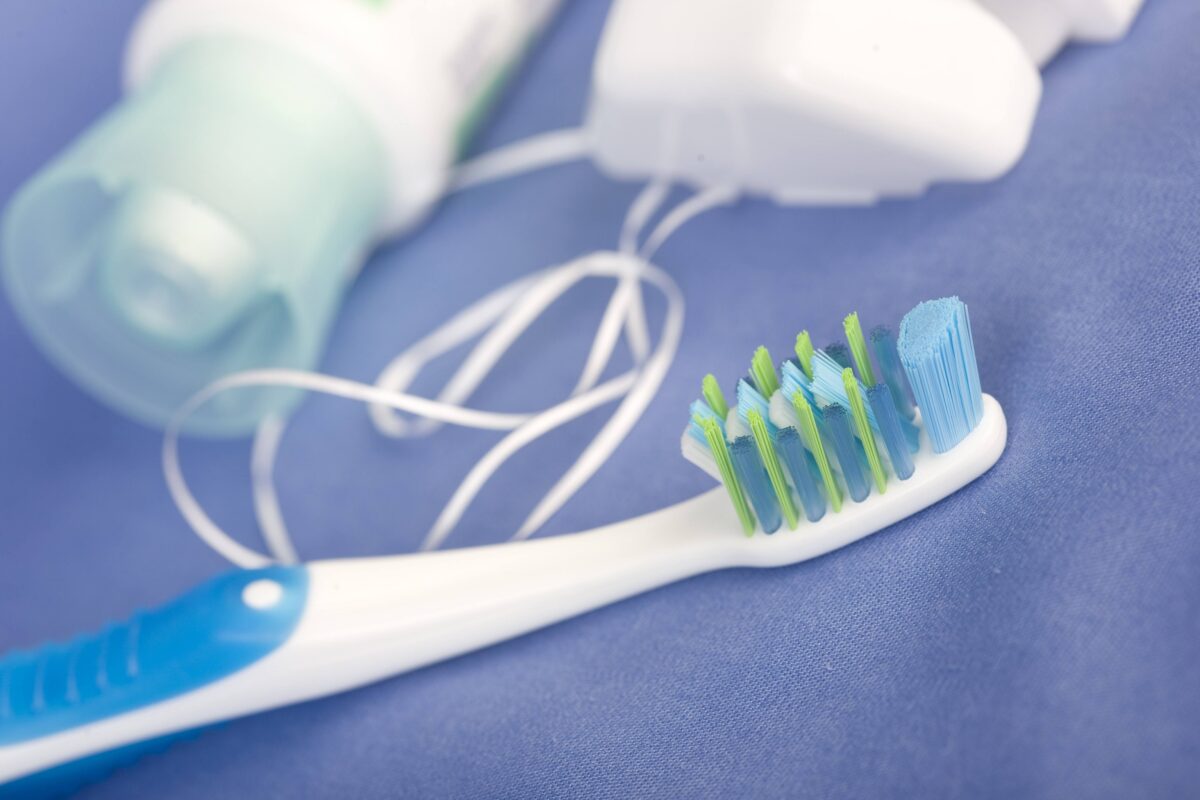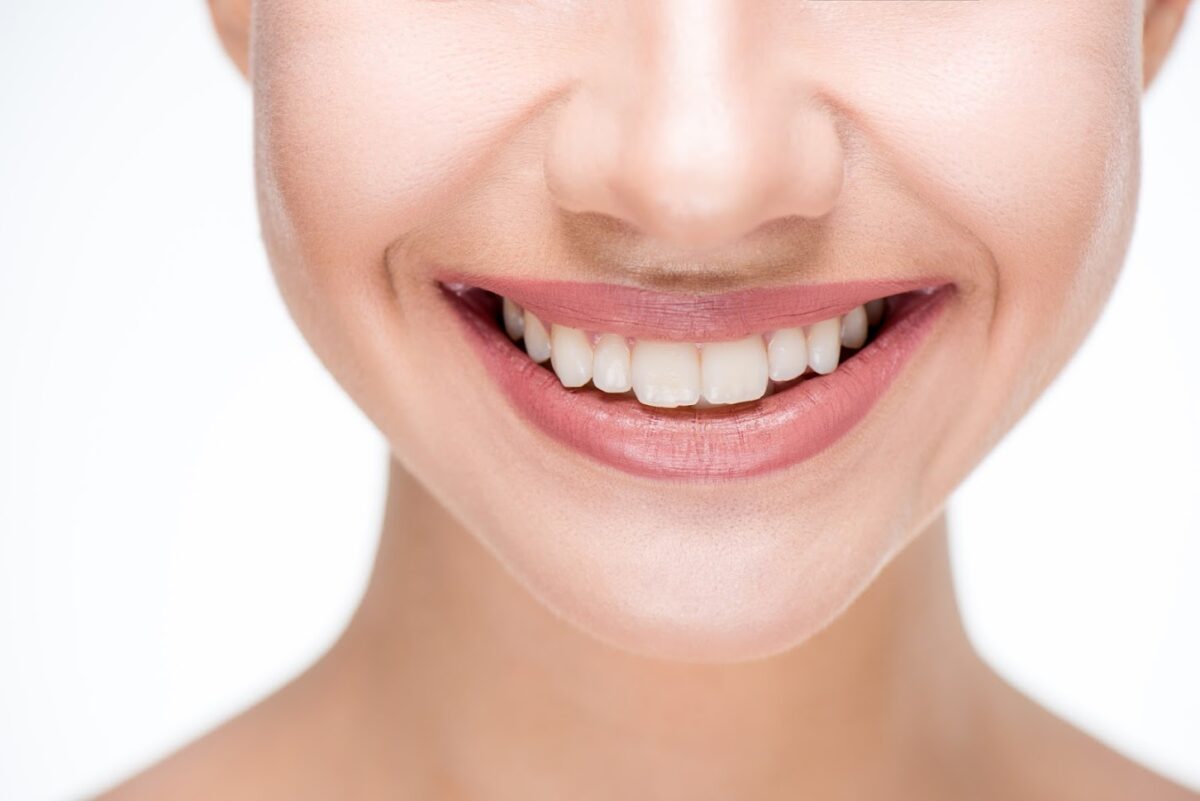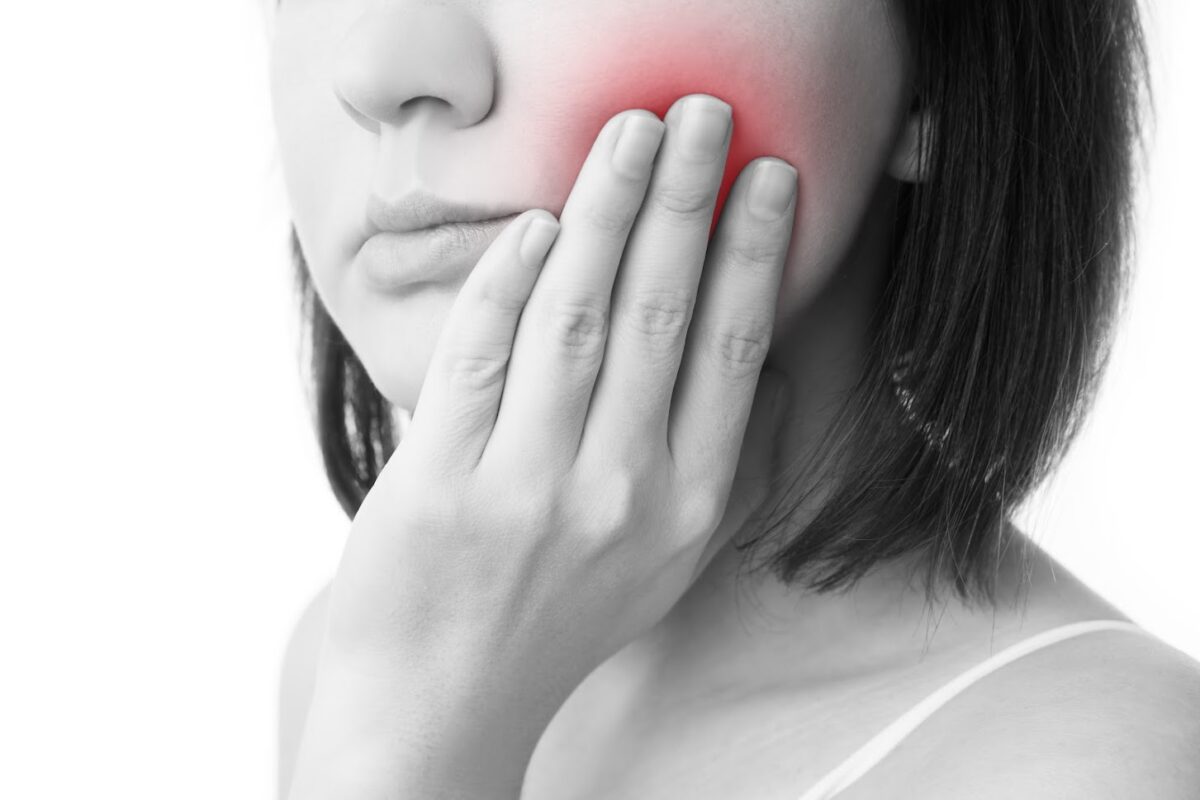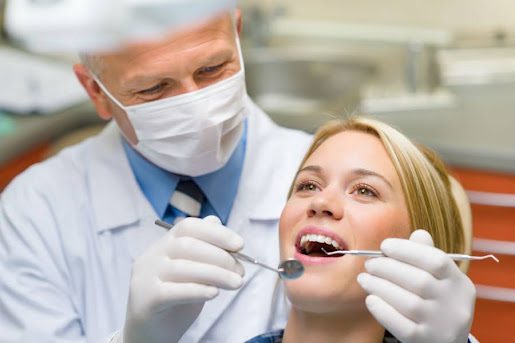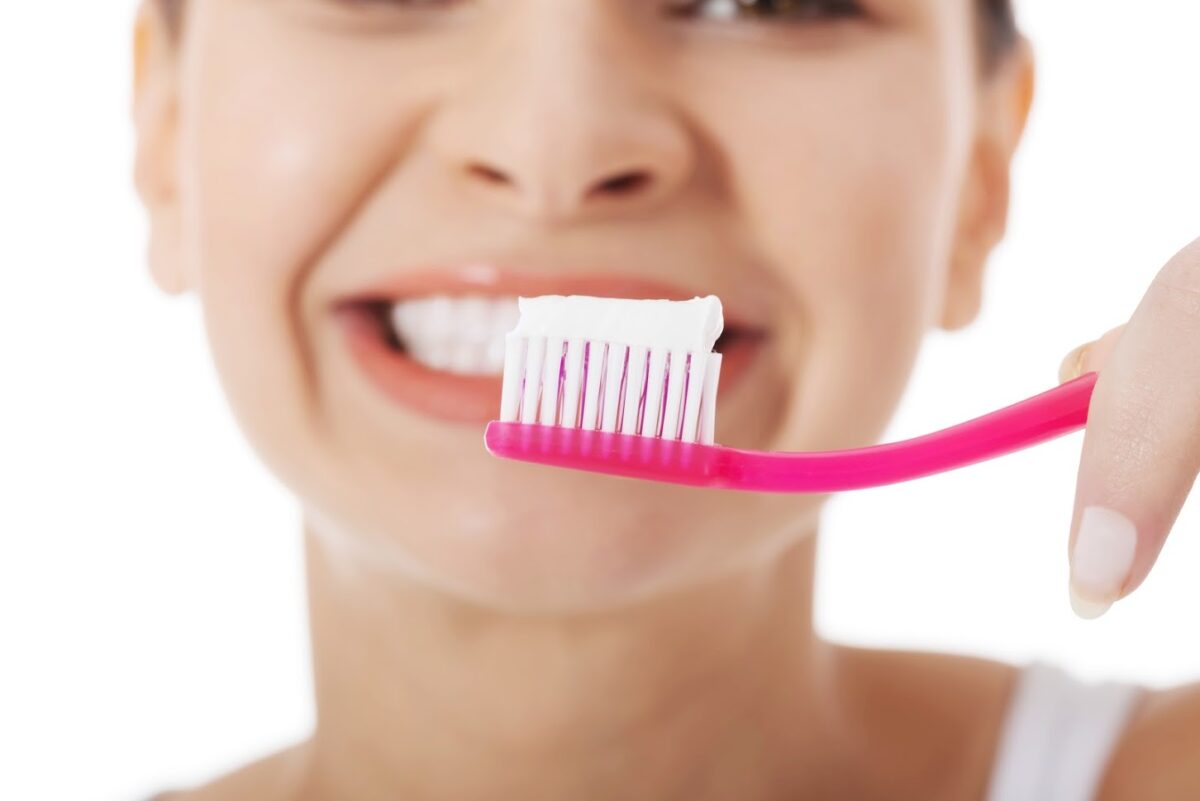Gum disease refers to the infection of the soft tissues on your gums. If you don’t get treatment for gum disease, the disease will spread and destroy bones supporting the teeth. Ultimately, gum disease causes tooth loosening or loss. Learn what you need to know about gum disease.
NEWS AND ANNOUNCEMENTS
Good oral hygiene is crucial for a healthy smile and the prevention of dental problems. Better dental health also plays a key role in overall mental and physical well-being. Fortunately, you can easily achieve good oral hygiene. Keep reading to know how you can improve your oral health.
Avoiding high-risk behaviors associated with oral cancer helps you protect your oral and overall health. Although no prevention exists for oral cancer, dentists can advise their patients to identify its risk factors and reduce their chances of getting the disease. Explore tips to lower your risk of oral cancer below.
Dental surgery is any operation done on the gums, teeth, jaw, or other oral structures. A patient will normally undergo oral surgery if other dentistry procedures can’t resolve the patient’s dental issue. A specialized dentist called an oral surgeon performs oral surgery procedures.
Your dentist may recommend you undergo oral surgery due to several issues. Some cases that warrant dental surgery include a severely broken tooth, sleep apnea, jaw bone loss, severe tooth decay, sinus augmentation, oral cancer, or bone and gum grafting. A dental surgery procedure will help address the aesthetic and functional aspects of oral structures to deliver life-changing results.
If you qualify for oral surgery, you can have various procedures depending on your condition. Here are four types of oral surgery procedures you can undergo.
When can and can’t you whiten your teeth? Perhaps your smile isn’t bright, but you’re not sure if you can or should whiten your teeth. Before you decide to or not to whiten your teeth, take a look at the questions to ask.
Do you have sensitive teeth — or is the dental discomfort that you experience regularly another oral issue? If you have an odd or uncomfortable sensation in your mouth, take a look at what you need to know about tooth sensitivity, diagnosis, and available treatments.
What Is Tooth Sensitivity?
As the name implies, this dental issue causes sensitive teeth. But this doesn’t mean you will feel constant sensitivity or a persistent sense of pain. Instead, you may feel anything from mild discomfort to a sharp, stabbing pain temporarily or at specific times. Some people experience sensitivity pain that extends deep into the tooth.
What Causes Tooth Sensitivity?
There isn’t one universal cause of dental sensitivity. According to the American Dental Association (ADA), possible causes of tooth sensitivity include cavities, fractured teeth, worn fillings, enamel erosion, exposed roots, or periodontal (gum) disease. Overuse of chemical mouthwash products and tooth whiteners can also cause sensitivity.
You may also experience this temporary discomfort if you brush too vigorously or brush forcefully with a hard-bristled brush often. The over-brushing action can wear away protective enamel or irritate the gums — and gradually increase tooth sensitivity in the affected area. Along with over-brushing or forceful brushing, you can wear away enamel and cause dental sensitivity if you grind your teeth or eat highly acidic foods.
Can a Dental Procedure Cause Tooth Sensitivity?
Did you recently have a root canal, get a crown, or have an extraction? If the dental work is done and the numbing agent has worn off completely, do you feel some tooth sensitivity? This type of temporary sensitivity is often a normal result or side effect of some types of dental procedures. But this doesn’t mean you should expect to feel pain that interferes with your normal daily activities or lingers.
If your teeth are more than just sensitive, you have other symptoms (such as swelling or an odd taste in your mouth), the discomfort is persistent, or you have any other post-procedure concerns, talk to your dentist. This type of post-procedure sensitivity may point to a potential problem that the dentist needs to address immediately.
When Could You Experience Tooth Sensitivity?
While you could have tooth sensitivity at almost any time, this type of dental discomfort may worsen when you eat or drink hot or cold items. You may also feel the sharp pains of sensitivity when you brush, floss, grind your teeth, or eat high-sugar foods.
What Should You Do If You Think You Have Sensitive Teeth?
You don’t have to suffer through sensitivity. If your teeth hurt every time you drink your morning cup of tea or you feel a sharp pain when you eat a Popsicle, schedule a dental office visit. The dentist will need to examine your teeth and gums before making a diagnosis. This means the dentist will need to diagnose the underlying cause, such as dental decay, enamel erosion, or other oral issue, before they can help you to reduce or eliminate tooth sensitivity.
What Treatments Are Available for Tooth Sensitivity?
The specific treatment the dentist recommends depends on the cause of your tooth sensitivity. If a cavity is the culprit behind the pain, the dentist will need to fill or restore the area. But if enamel erosion is the problem, the dentist may suggest tooth bonding, veneers, or a crown.
Other treatments for sensitivity include specialized desensitizing toothpaste products, a mouth guard (if tooth grinding is at fault), or changes in your dental care routine.
Does hot, cold, or anything else make you wince? Contact Accent Dental for more information on tooth sensitivity and the treatments for this common issue.
Modern dental techniques and technologies commonly help people rescue and retain damaged or diseased teeth. However, sooner or later you may need to schedule the extraction of at least one permanent tooth. While you might find the prospect understandably distressing, a skilled dentist can help you get through it without problems.
You’ll feel better about an upcoming tooth extraction once you understand more about why and how this procedure occurs, what to expect from it, and how to recuperate from it as easily as possible. Read the following questions and answers on the subject to help you prepare.
In the world of personal dental care, toothpastes labeled natural, organic, or fluoride-free have risen in popularity. Because some regular toothpastes contain harsh ingredients, these natural toothpastes have become popular thanks to claims that they perform just as well or better than the typical formulas that have stocked supermarket shelves for decades.
Is natural toothpaste the right option for you? Let’s take a look at some of the key features of these products — and whether they’re a good choice for you and your teeth.
A toothache can show up without warning, and you may not even know what is causing you pain. Oftentimes, the discomfort can quickly make things difficult for you. You might even have a hard time focusing on the simplest day-to-day tasks.
Unfortunately, a painful tooth is almost always a sign of a dental health issue. Things can only get worse if you ignore the pain. A visit to your dentist can quickly unmask the underlying cause and get you the much-needed relief.
Learn about the likely reasons for a toothache and the steps you can take to relieve the pain.
Human teeth have more complex structures than many of their owners may know about. A typical tooth consists of tough enamel enveloping another substance called cementum and an inner material called dentin. The inner chamber of the tooth contains a combination of blood vessels, soft tissues, and nerves called the pulp.
You may already know that infected or damaged pulp can cause serious dental problems such as toothaches and abscesses. However, you may never have heard of a condition called pulp calcification. Check out the following four questions and answers about this strange issue and its possible effects on your dental health.



